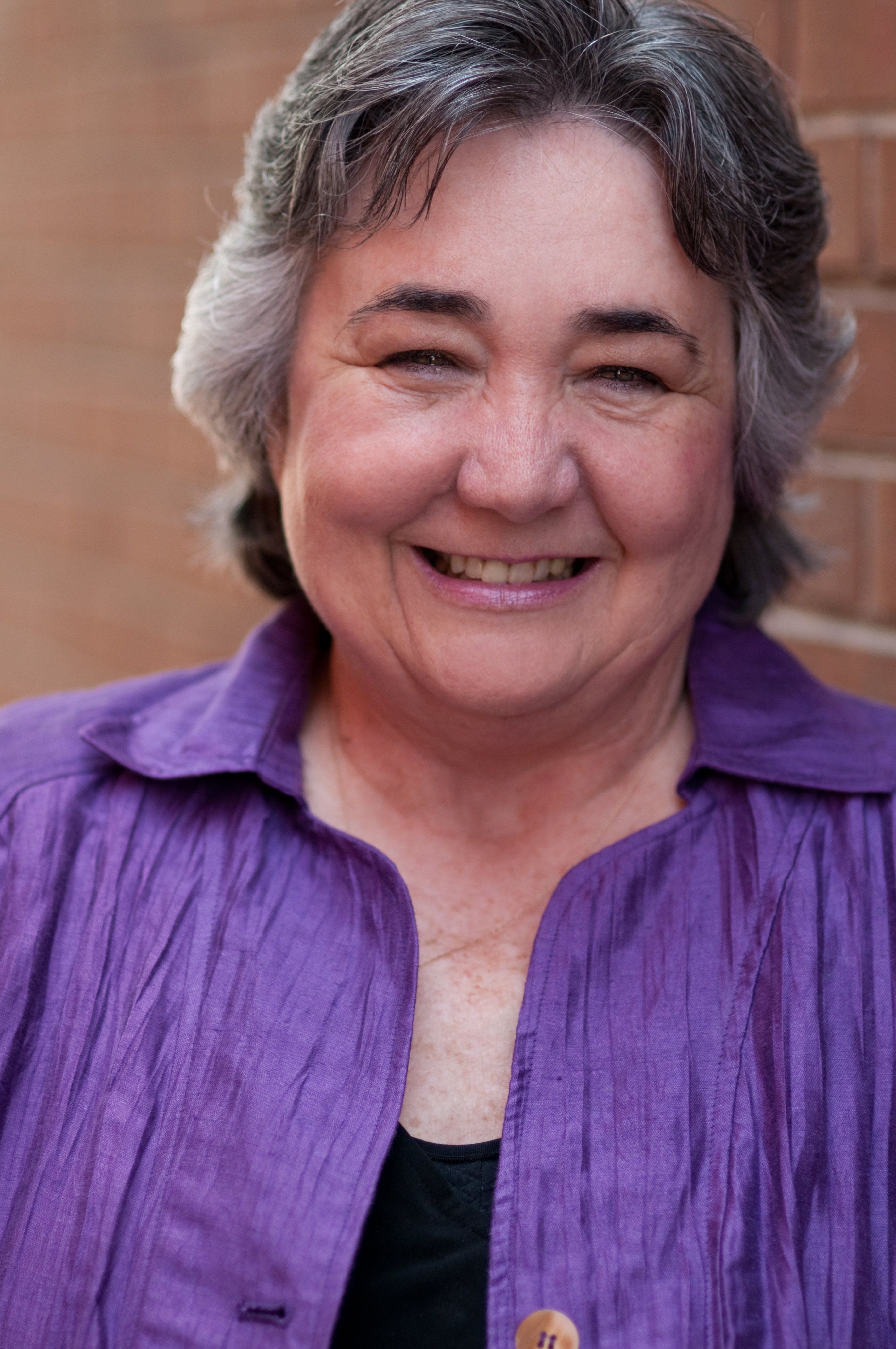Recently researching what other religions believe and teach about sexuality, I happened upon an online Q&A forum for Muslims hosted by Ikram Hawramani. A question and answer caught my attention:
“Why are we supposed to control our sexual desires in Islam?”
Hawramani responded, “The reason we have to control our sexual desires is so that we can satisfy them in civilized, rather than destructive, ways. We do not want our societies to descend into being like jungles where everyone has sex with everyone else. Even though some may imagine a sexual utopia where everyone is free to do whatever they want with their sexuality, that does not lead to happiness. It actually creates a hellish world that is devoid of love and the warmth of human interactions.”
As is my habit, I rolled that answer around in my mind and heart. Is this a good answer from another religion’s faith leader? Will sexual desires left to run amok, with no boundaries or controls, lead to “a hellish world that is devoid of love and the warmth of human interactions?”
I thought back to my own experience in the “free love” sixties. I never went to the “make love not war” gatherings because I was already married and had a baby (I’m not sure I would have gone that “far out” anyway.)
But the “free love” philosophy was not limited to the famous “love fest” events, where sexually liberated friends of mine spent their vacations. It swept into the women’s liberation movement and attached itself to the issues of women’s rights. Some of us bought into that freedom from what we called “archaic morality.”
There was a price to pay…. But I didn’t realize it till a decade went by… I was twenty-seven, painfully aware of a deepening sense of emptiness. Why did I feel so “devoid of love and warmth?”
I believe it to be true that the expression of our sexuality is meant to be experienced and enjoyed within the structures and discipline lined out in Scripture. Also, I believe that the undisciplined pursuit of sexual desire will instead take us down a destructive path leading to disappointment, isolation, and profound disillusionment.
I believe this because I experienced it to enough degree to see where the path was taking me should I insist upon that direction. I am so grateful I got off that conveyor belt and hopped onto the “road less traveled” with my commitment to Jesus and His ways.
An explanation for my emptiness and inability to make warm and connected relationships was found in Bible study…. Scripture lines it out so clearly from the creation story throughout the Old and New Testament. For a wonderful exploration of this, read Sam Allberry’s book, Why Does God Care Who I Sleep With?
There were always voices calling for temperance. I ignored them.
Since facing the consequences of my willful pursuit of my own way, I have made it a habit to pay attention to the voices crying out in the wilderness. They often, not always, but often enough they prove to be pointing to a solution, a better way, the Savior from our own destructive impulses.
Here’s another resource, if you are looking for another voice that speaks thoughtfully about this topic, British philosopher Roger Scruton writes of the consequences of undisciplined sexual desire in detail in his 1986 book Sexual Desire: A Philosophical Investigation.
In conclusion, I reach for an upbeat ending. How’s this:
“Self-control is a fruit of the Spirit. He creates the miracle. We act the miracle. He creates it by opening our eyes to see the beauties of Christ….”
(John Piper, https://www.desiringgod.org)

Mary Heathman
Founding Director
Mary often characterizes herself as “a seeker of Truth” and has a long-standing fascination with human behavior and motivation. Her education consists of lay and discipleship counseling, independent study about the integration of psychology and theology, counseling and human sexuality. She also holds a BS in Human Services and an MA in Psychology from Regis University.
Mary attends a Friends (Quaker) Church.
Make a Difference in Someone's Life
If you enjoy reading WGA’s blogs and would like to show your support, please consider making a donation. Where Grace Abounds is a 501(c)3 non-profit organization. The majority of services, including support groups and discipleship counseling, are provided free of charge. Your financial gifts help to cover the costs associated with offering a free program to those who seek WGA’s services.

